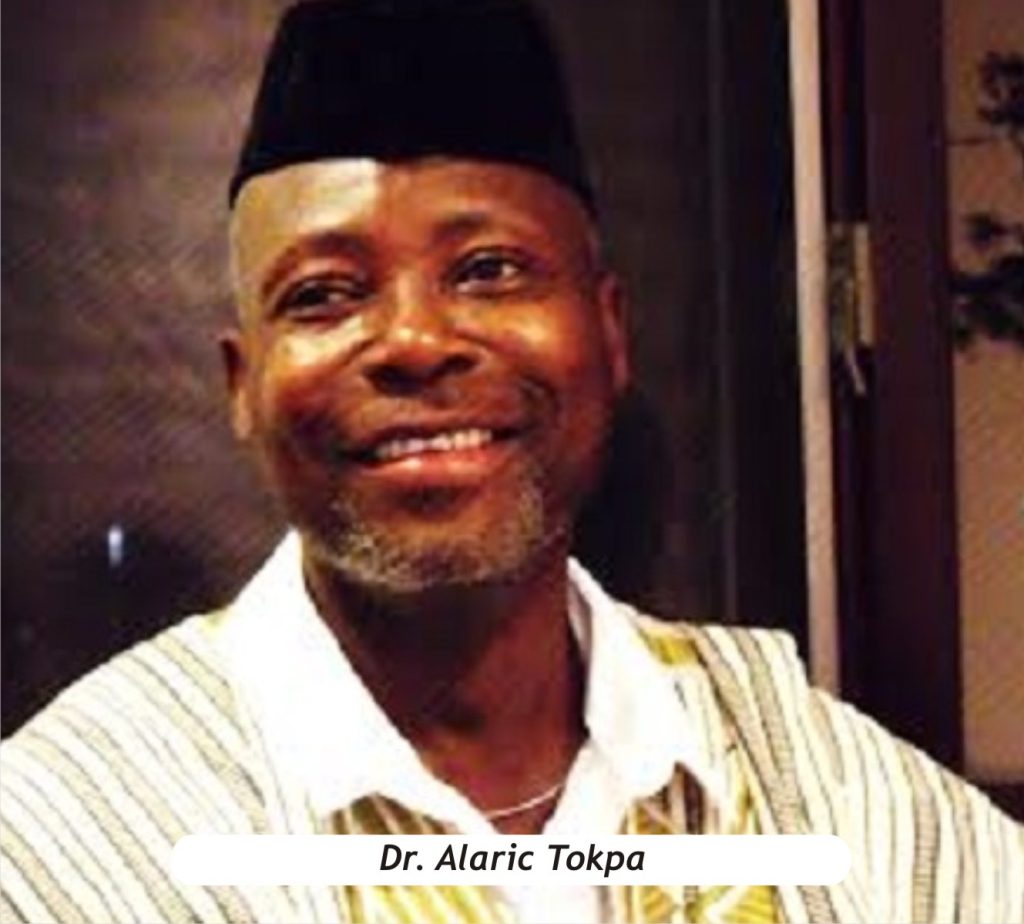The Governance Commission (GC) of Liberia, under the leadership of Acting Chairperson Professor Alaric Tokpah, has proposed a significant undertaking: rewriting the nation’s 1986 Constitution. Professor Tokpah contends that a revised constitution is crucial for effective governance, providing a framework for accountability across ministries, agencies, and commissions. This initiative, presented to the President in a joint concept note with the Law Reform Commission, underscores the GC’s belief in the necessity of modernizing Liberia’s foundational legal document. The call for constitutional reform arises from the belief that the current constitution is inadequate to address the evolving needs and challenges of the Liberian state.
This push for constitutional reform coincided with the signing of a Memorandum of Understanding (MOU) between the GC and the Duckor Institute for Social and Economic Research. This partnership aims to bolster public trust in the GC and promote policy reforms. The MOU outlines several key objectives, including joint fundraising for policy reform initiatives, collaborative research projects focusing on the GC’s mandate areas, and joint policy dialogues to disseminate research findings and foster informed public discourse. This collaboration signals a commitment to evidence-based policymaking and transparent engagement with the public on critical governance issues.
Professor Tokpah highlighted the recent legislative crisis as an example of the current constitution’s shortcomings. He argued that a more robust and forward-thinking constitutional framework could have prevented or mitigated such impasses. The ongoing decentralization process, the proposed elevation of the Ministry of Foreign Affairs, and the legislature’s questioning of the GC’s authority further underscore the need for constitutional revisions to reflect the changing dynamics of governance in Liberia. These examples illustrate the tension between the existing constitutional framework and the evolving political landscape.
The proposed constitutional rewrite would necessitate aligning the governing instruments of various governmental bodies with the revised constitutional language. Professor Tokpah emphasized the principle that all laws must conform to the constitution, rendering any conflicting legislation null and void. He outlined the procedural steps required for constitutional reform, including amending Act No. 1 and Act No. 2, which govern the GC and Law Reform Commission respectively, to grant the authority for rewriting the constitution. This process highlights the legal and procedural complexities inherent in undertaking such a fundamental reform.
While acknowledging the gravity of proposing such a significant change, Professor Tokpah stressed that the call for a constitutional rewrite is not a demand but a recommendation stemming from the GC’s mandate to identify areas requiring reform. He emphasized the dynamic nature of constitutions, arguing that they are not immutable but should be adaptable to the changing needs of a nation. This perspective challenges the notion of a constitution as a static document and emphasizes its role as a living framework for governance.
The signing ceremony for the MOU also featured remarks from Dr. Aaron Weah, Director of the Ducor Institute. He commended the GC’s role in facilitating government policy dialogue and expressed enthusiasm for the collaboration. Dr. Weah highlighted the importance of independent spaces for critical analysis of government policies, emphasizing the need for constructive criticism aimed at finding practical solutions. He underscored the importance of research, planning, and stakeholder engagement in the partnership’s activities. This collaborative effort aims to generate informed policy recommendations based on rigorous research and broad-based consultations.
In essence, the GC’s proposal to rewrite the Liberian Constitution represents a significant step towards modernizing the nation’s governance framework. Driven by the belief that the current constitution is no longer adequately equipped to address the complexities of modern governance, the proposal aims to create a more robust and adaptable legal foundation. The partnership with the Ducor Institute further strengthens this initiative by providing a platform for research, dialogue, and public engagement. The GC’s call for constitutional reform, therefore, reflects a commitment to enhancing governance, promoting accountability, and fostering a more responsive and effective government in Liberia. This endeavor holds the potential to reshape the political landscape and pave the way for a more dynamic and resilient future for the nation.


